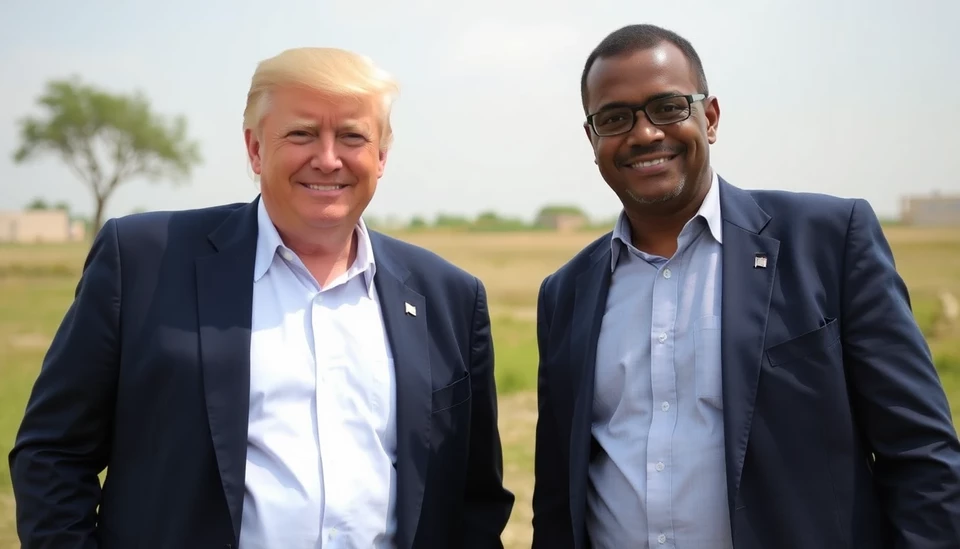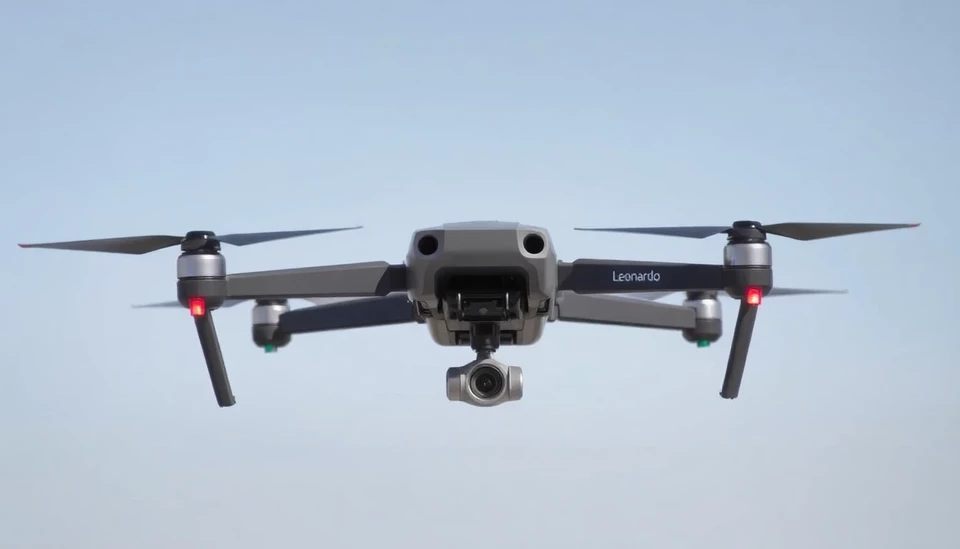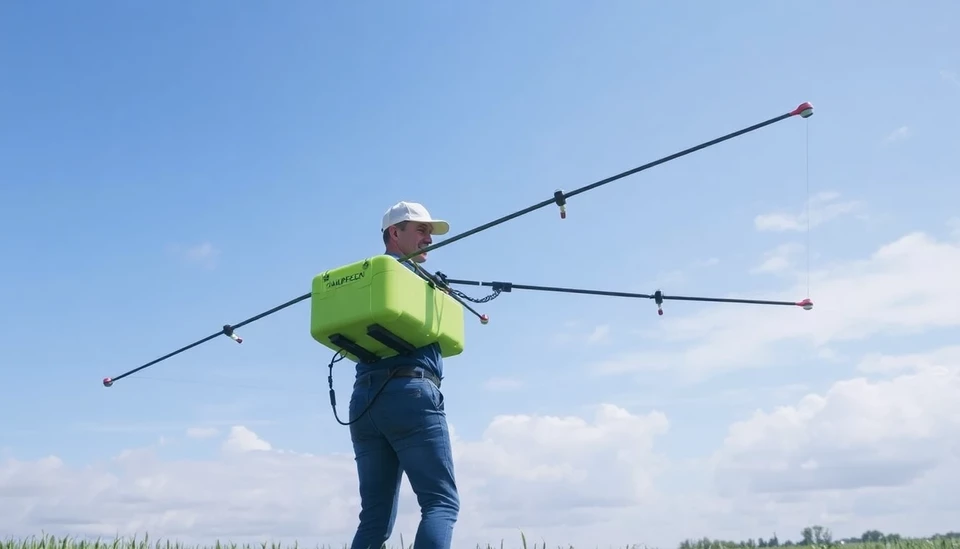
In a significant development in the realm of defense and security, a leading U.S. drone manufacturer is looking to seize opportunities in Nigeria, a country grappling with escalating violence and instability. The firm’s decision comes in response to a perceived gap left by the reduction of U.S. military aid during the Trump administration, which has dramatically affected Nigeria's capabilities to combat threats posed by extremist groups.
As the Nigerian government continues to confront challenges from militant factions, including Boko Haram and various offshoots of Islamic State, the demand for advanced surveillance and combat drones has grown increasingly urgent. The company's strategic pivot focuses on not only providing state-of-the-art technology but also establishing a collaborative framework with Nigerian forces to enhance operational effectiveness on the ground.
The drone firm is adamant that its engagement will help bolster Nigeria's military capabilities at a time when traditional support from foreign partners has diminished. By leveraging its cutting-edge technology and expertise, the company aims to provide a critical resource that can aid in surveillance, intelligence gathering, and tactical responses to insurgent activities.
Industry experts suggest that the reduction in U.S. aid, while a challenge, also presents a unique opportunity for private sector entities to fill the void and deliver innovative solutions tailored to the specific needs of the Nigerian military. This shift highlights an evolving landscape where private defense contractors can play a pivotal role in international security dynamics, particularly in regions facing acute threats.
Furthermore, the drone manufacturer is not only committed to supplying advanced systems but is also focused on training and capacity-building initiatives. These programs are designed to empower Nigerian forces to not only operate the technology but to also maintain and innovate upon it, establishing a sustainable approach to defense that transcends the limitations of previous aid structures.
As the company engages with Nigerian officials and military leaders, there is a growing sense of optimism about the potential impact of this partnership. Local leaders have expressed their eagerness for enhanced capabilities that modern drones can provide, particularly in regions where traditional military responses have proven inadequate.
This development underscores a broader trend in defense contracting, where private companies are increasingly stepping in to address gaps in national security capabilities due to shifts in governmental policy. As Nigeria continues to face the ramifications of both internal and external threats, collaborations with American drone firms promise to be instrumental in shaping the future of its military operations.
A key aspect of this initiative will be ensuring that the technologies provided are adaptable to the unique environmental and operational challenges present in Nigeria. Drones equipped with advanced surveillance capabilities can offer real-time data to ground troops, enhancing situational awareness and allowing for more informed decision-making in high-stakes scenarios.
As discussions progress between the U.S. drone contractor and Nigerian authorities, the future could see a significant transformation in how Nigeria approaches security challenges, marking an important pivot in the country’s defense strategy and its relationship with external partners.
In summary, this partnership reflects an important moment in the intersection between private industry and national defense, as companies step in to support capabilities that are critical for safeguarding nations against complex and evolving threats.
#Drones #Nigeria #NationalSecurity #DefenseIndustry #USMilitary #TrumpEra #BokoHaram #PrivateContractors #MilitaryAid
Author: Victoria Adams



